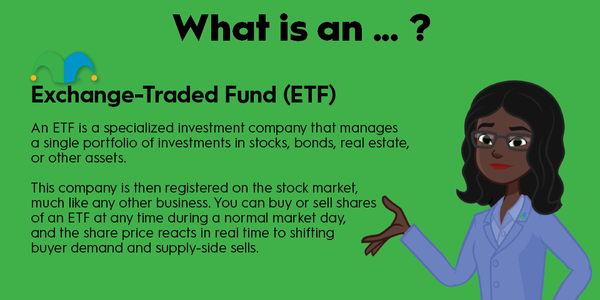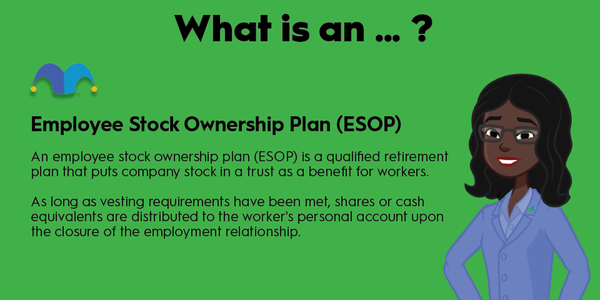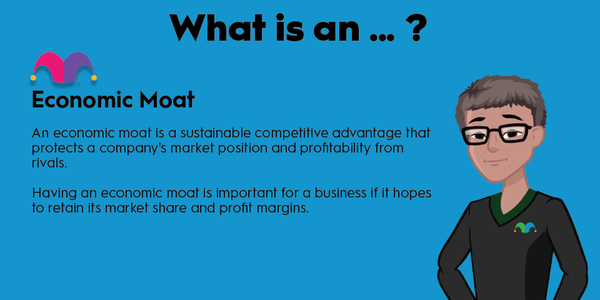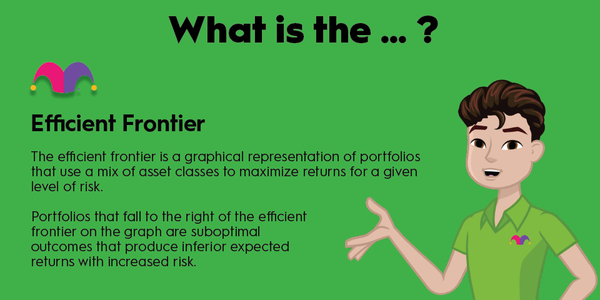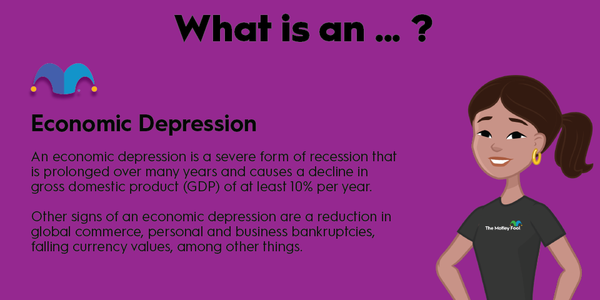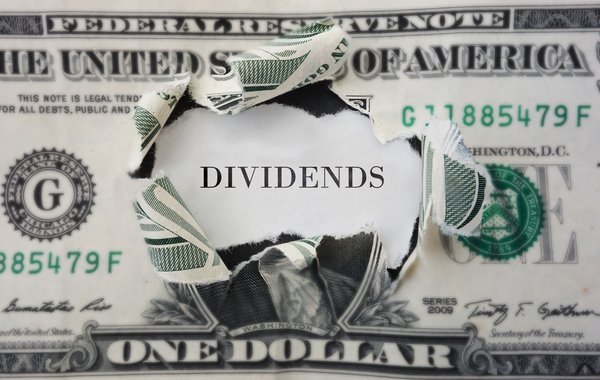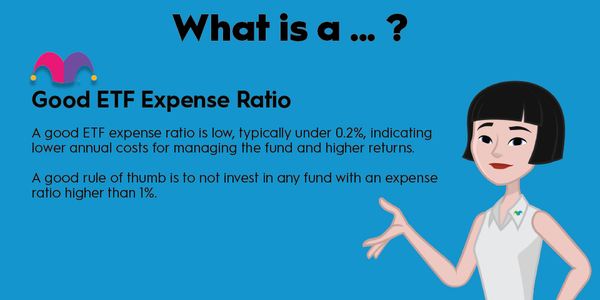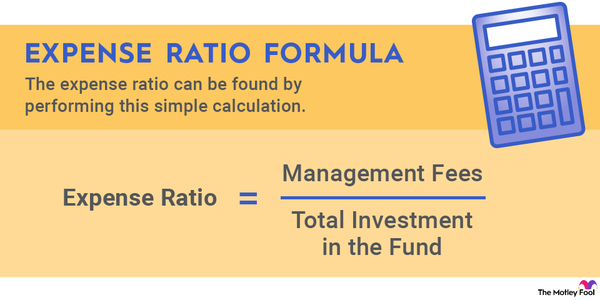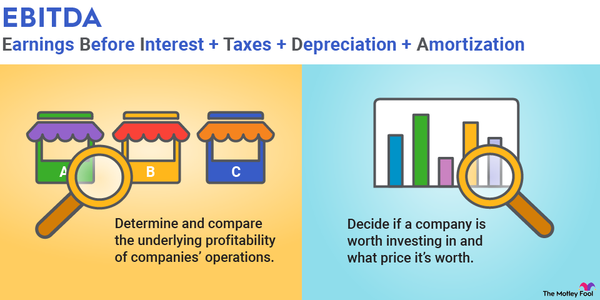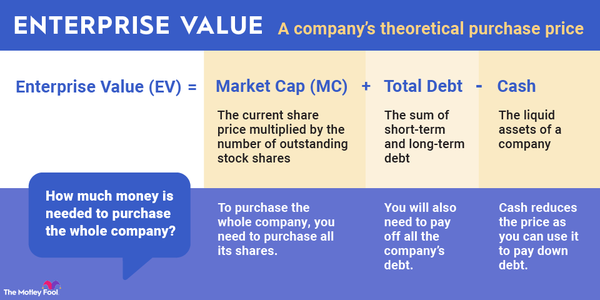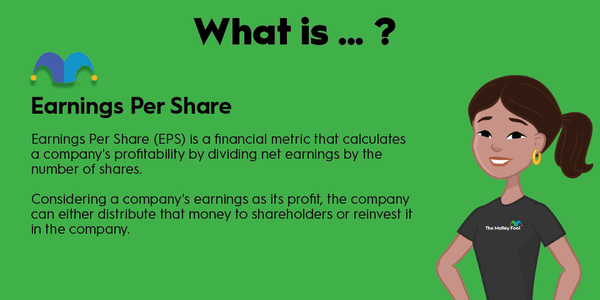In the stock market, there's long been a debate over whether prices reflect the true valuations of stocks or not.
After all, stocks move every day based on new information and the behavior of traders and investors.
According to the efficient market hypothesis, all available information is priced into stocks, so their prices are good estimates of their value.

Definition
What is the efficient market hypothesis?
The efficient market hypothesis is the theory that in the stock market, prices reflect all known information.
The idea was created independently by Paul Samuelson and Eugene Fama in the 1960s and quickly became part of traditional financial teaching and a commonly held belief in the financial industry.
A core tenet of the efficient market hypothesis is that because all known information is already priced into stocks, it's impossible to consistently outperform the market.
Stocks aren't undervalued or overvalued, and there is no "edge" to be found by digging up new information about them. No one can outperform the market without taking on greater risk.
Controversy
Why the efficient market hypothesis is controversial
There are a number of different theories about how the stock market works, and the efficient market hypothesis is one of the more controversial.
Although the theory makes sense on its face, the behavior of the stock market seems to argue against it.
For example, stocks move every day, whether there is specific information out on them or not. Even when news comes out, such as an earnings report, stocks move to reprice that information but are not static over the next trading session, continuing to move as investors evaluate the latest results and what they expect of the company's future cash flows.
The logic behind the efficient market hypothesis also leads adherents to invest in index funds rather than individual stocks since they believe that any market outperformance is random.
There's also debate over whether a price reflects all known information. Insiders, of course, have nonpublic information about companies, and although there are strict rules about sharing that information and about insider trading, it's fair to assume that at least some of that information leaks. After all, most insider trading isn't caught.
There's also information that comes from analyst research, which is available only to some, and there's information that a well-positioned casual observer might notice. Say, for example, you're a college student and you notice a particular beverage becoming suddenly popular on campus. That could provide an edge if you're an investor.
While most investors would agree that public information such as Securities and Exchange Commission (SEC) filings are reflected in stock prices, there are different types of information that may not be widely known.
Criticisms
What are some criticisms of the efficient market hypothesis?
Perhaps the biggest criticism of the efficient market hypothesis is that it is based on a misunderstanding of what determines stock market valuations.
Valuations are less a factor of known information than they are of future cash flow projections. While those are based in part on available information, they are also based on qualitative factors and judgments on leadership, optionality, competition, emerging technologies, and other drivers.
The efficient market hypothesis also ignores the impact of sentiment on valuations and prices. For example, there's no question that bubbles exist in the stock market and other asset classes. Well-known examples are the dot-com bubble, the real estate bubble of the mid-2000s, and the recent cryptocurrency bubble. Some have argued that there's currently a bubble in artificial intelligence stocks.
The existence of asset bubbles, which are driven by price action, momentum, hype, and the greater fool theory, seems like some of the best evidence that the efficient market hypothesis isn't accurate, or at least isn't a full explanation of a stock price.
To get a complete understanding, you need to factor in market sentiment and predictions about the future, as well as known information about a stock.
Example
What is an example of an efficient market?
It's important to note that there are degrees of market efficiency, and that there's no such thing as a perfectly efficient market, just as there's no such thing as perfect information.
On balance, the stock market is highly efficient at incorporating new information, as newsworthy press releases will be instantly represented by the stock market.
Because stocks are fungible and liquid, and there are millions of people trading them, their market is more efficient than, say, the market for real estate, where individual properties differ and homebuyers are buying as much for their needs as to make a good investment.
Whether or not you subscribe to the efficient market hypothesis, the theory could gain more credibility in the next bull market, as stocks tend to be steadier when they're in a long-term upward trend.
One key lesson from the efficient market hypothesis is that you're unlikely to gain an advantage in the market by finding information that isn't priced in. Instead, you're better off considering what the market is missing about a stock and what is misunderstood about the company's future.
